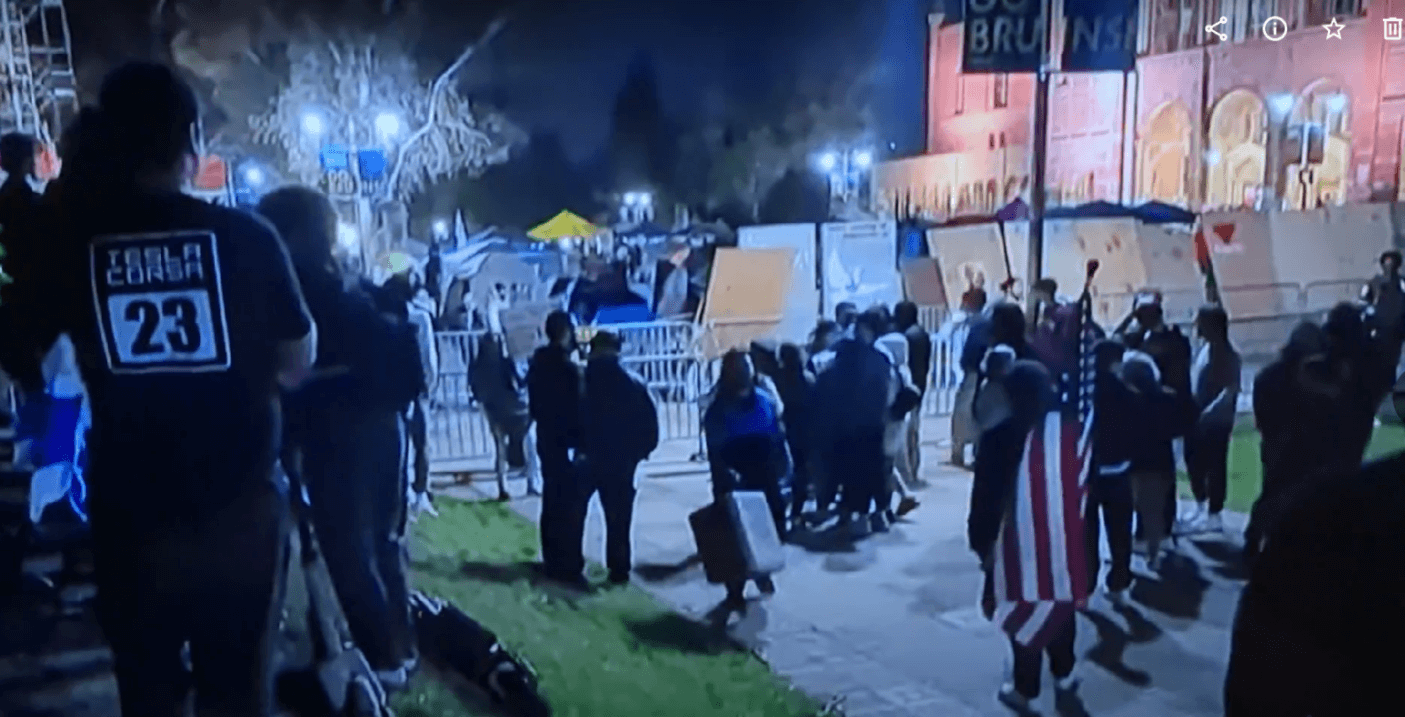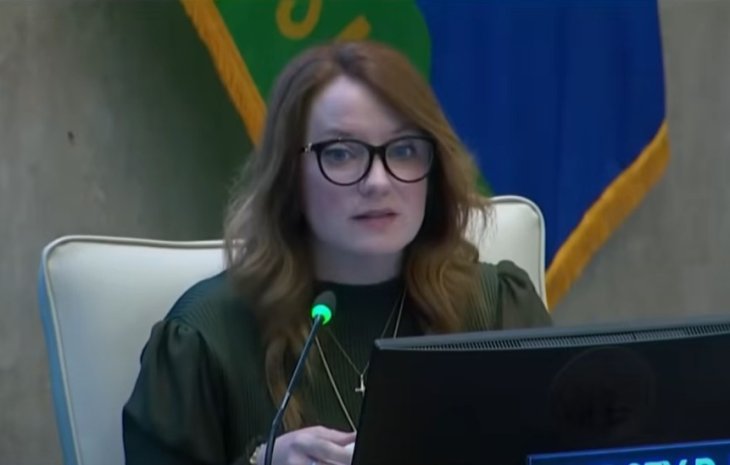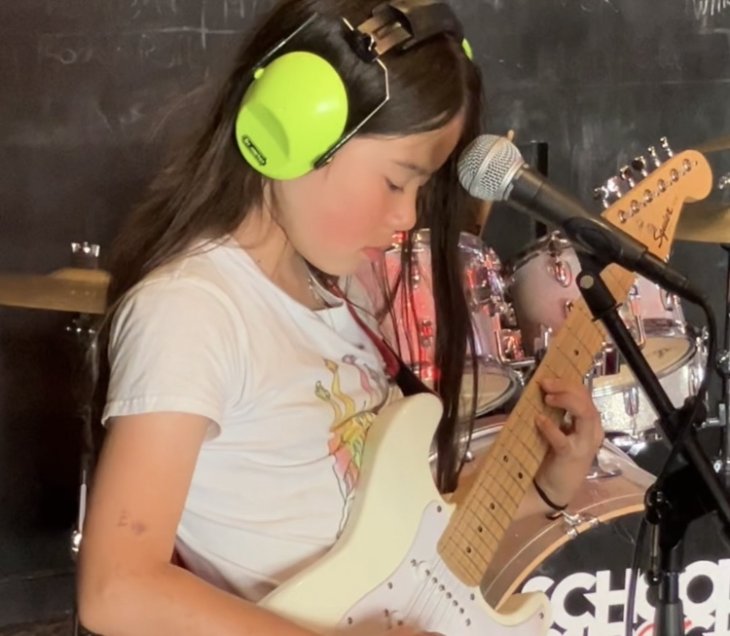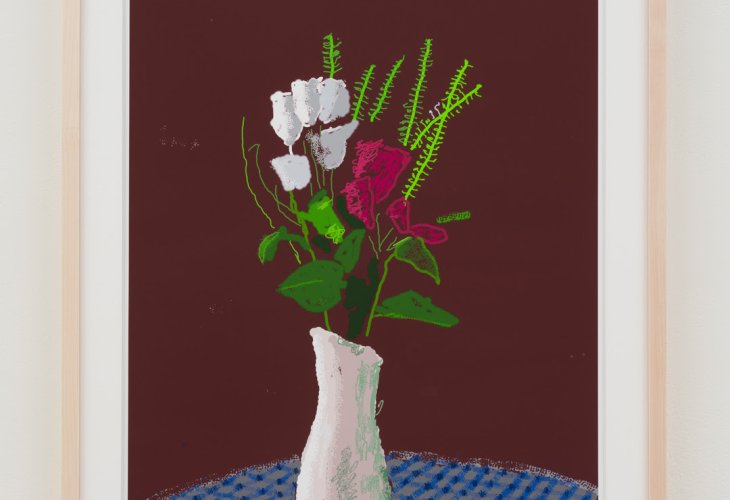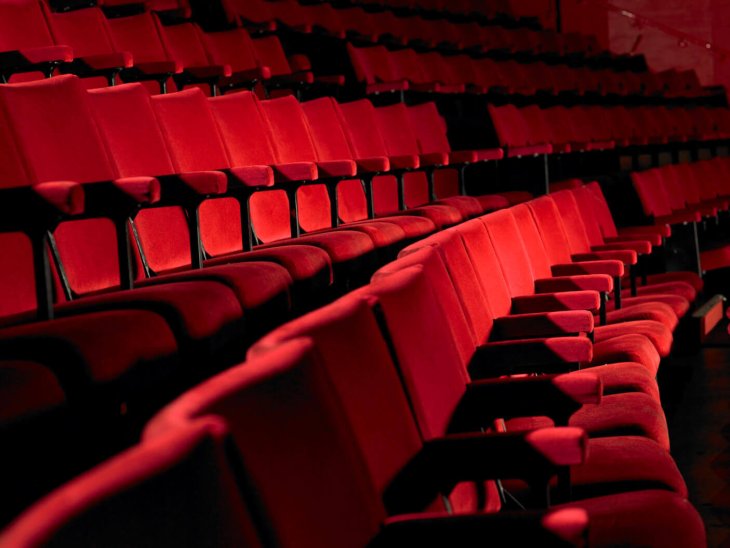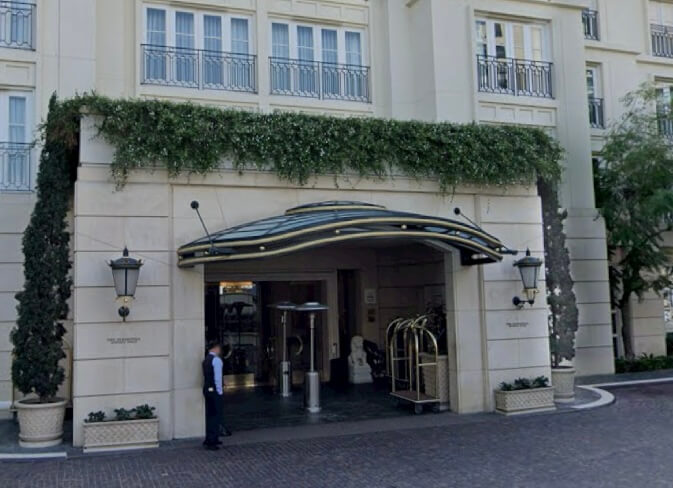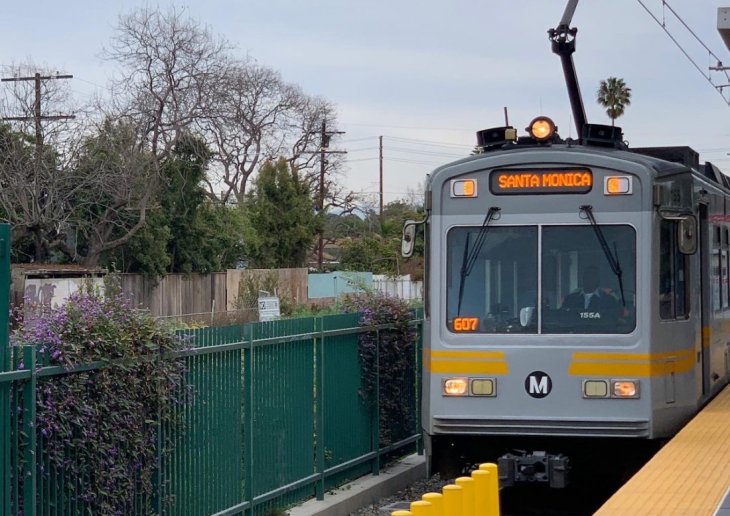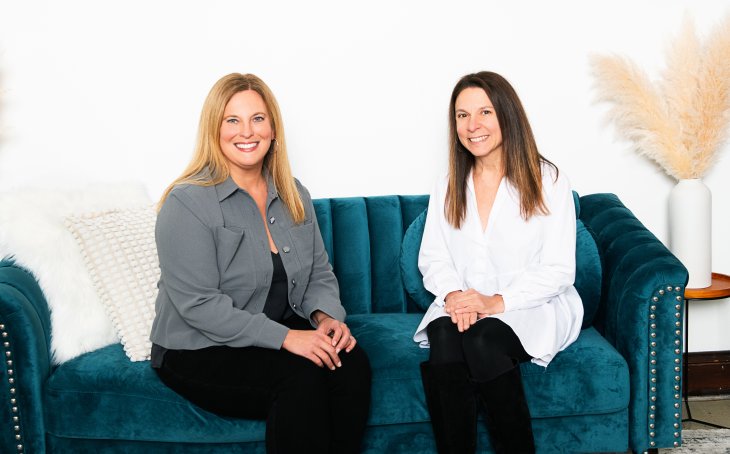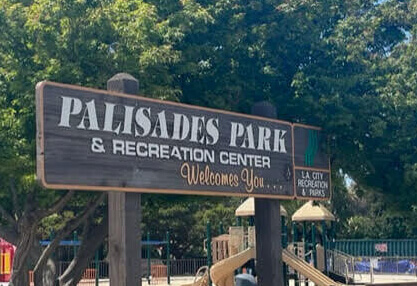Federal Judge Rules Against UCLA in Lawsuit Filed by Jewish Students
A federal judge has issued a preliminary injunction requiring UCLA to ensure equal access for Jewish students following the university’s handling of pro-Palestinian encampments last spring. The injunction, which takes effect Thursday, comes in response to a lawsuit filed by three Jewish students who argued that UCLA permitted protesters to block Jewish students from accessing certain parts of the campus, including classrooms and a library.
U.S. District Judge Mark C. Scarsi sided with the plaintiffs, stating that UCLA was aware Jewish students were unable to enter parts of the campus due to their religious beliefs. “In the year 2024, in the United States of America, in the State of California, in the City of Los Angeles, Jewish students were excluded from portions of the UCLA campus because they refused to denounce their faith,” Judge Scarsi wrote. He stated that while UCLA claimed it was not responsible for the exclusion since third-party protesters orchestrated it, the university could not allow some students access to services while knowingly excluding others based on religious grounds, even if it was based on a de-escalation strategy.
The Palestine Solidarity Encampment was located on the west side of Royce Quad, close to Janss or Tongva Steps. After several counter-protesters, who did not seem to be students, continued their attempts to gain entrance, the encampment blocked one entrance each to Royce Hall and Powell Library. However, both buildings had more than one entrance for students attending classes or accessing campus services.
On the first day of the protest, April 25, counter-protesters gained access briefly to the camp, and one counter-protester, Nouri Mehdizadeh, was seen on video in the encampment shoving a woman to the ground after she grabbed his flag out of his hands. Mehdizadeh had to be restrained from going after the woman again.
The court’s order prohibits UCLA from “knowingly allowing or facilitating the exclusion of Jewish students from ordinarily available portions of UCLA’s programs, activities, and campus areas.” It directs campus security, police, and student affairs to ensure Jewish students are not obstructed from accessing any part of the campus.
The Pro-Palestinian protests at UCLA, where encampments were established in solidarity with Palestine, took place earlier this year starting in April. During these protests, Jewish students claimed to have been blocked from entering certain areas. Jewish UCLA student Eli Tsives posted a video on Instagram that said,” They didn’t let me get to class using the main entrance! Instead, they forced me to walk around. Shame on these people!”
Another student posted a video where he said, “I’m just standing here. I am showing you how pointless your blockade is because I got in [to Powell Library] through the other entrance,” when he was refused entrance to the encampment.
In response to the protests and a vigilante pro-Israeli attack from 100 men, most of whom were not students, where counter-protesters attempted to break into the pro-Palestinian camp. These men assaulted members of the camp, some of whom were Jewish, and the university faced criticism for its failure to protect all students. During the attack on April 30 and May 1, which lasted for four hours, UCPD and UCLA’s private security did nothing to stop the attack until Mayor Bass sent the LAPD in from Washington, D.C., in the early morning hours.
UCLA officials expressed concern over the ruling, arguing that it could hinder the university’s ability to manage campus events effectively. “UCLA is committed to fostering a campus culture where everyone feels welcome and free from intimidation, discrimination, and harassment,” said Mary Osako, UCLA’s vice chancellor for strategic communications. She added that the university is reviewing the ruling and considering its options for moving forward.
The plaintiffs, represented by the Becket Fund for Religious Liberty and Clement & Murphy PLLC, welcomed the court’s decision. “The court’s order means that however UCLA decides to manage its campus, allowing the exclusion of Jewish students is not an option on the table,” said Mark Rienzi, president of Becket.

